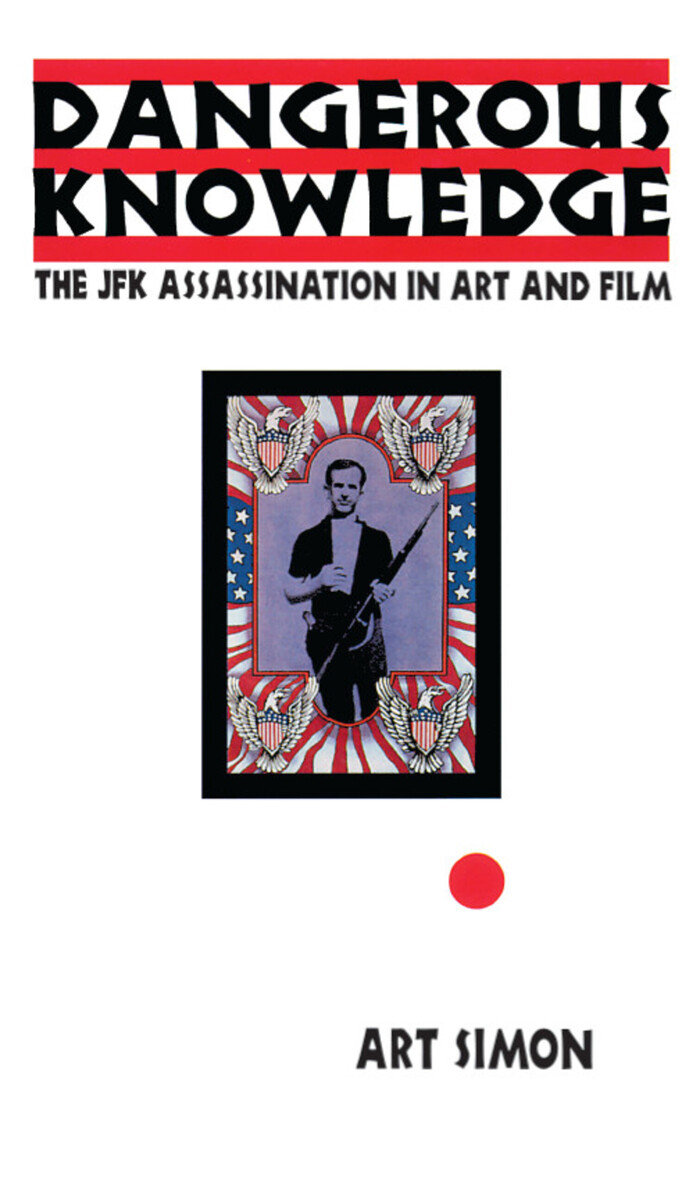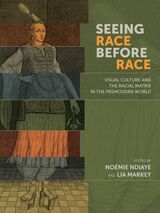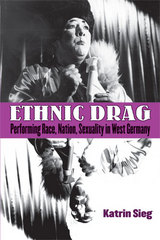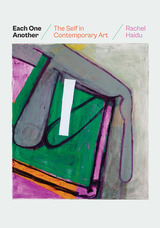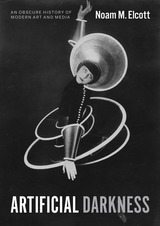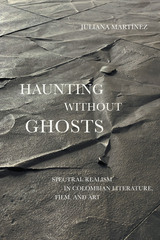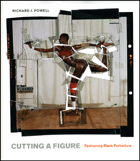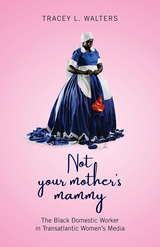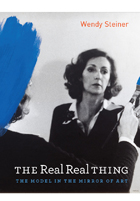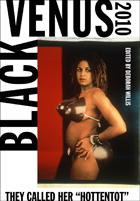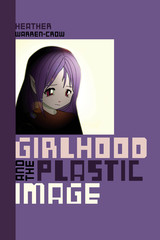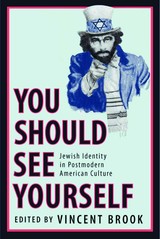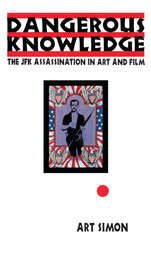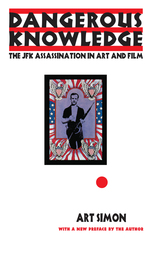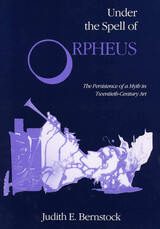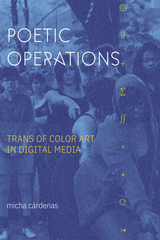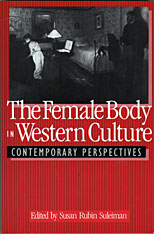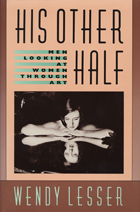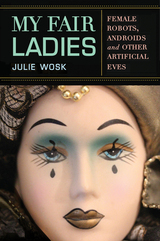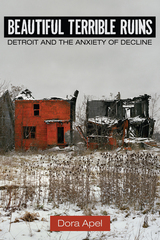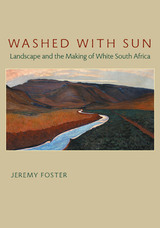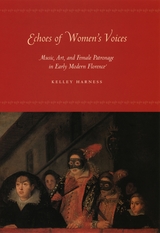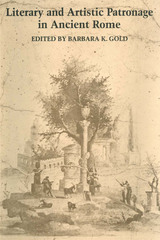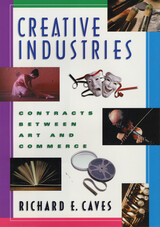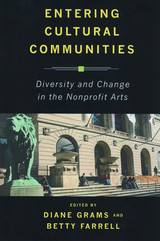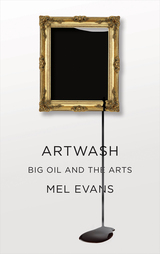Dangerous Knowledge
Temple University Press, 1996
Cloth: 978-1-56639-378-2 | eISBN: 978-1-4399-0620-0 | Paper: 978-1-56639-379-9
Library of Congress Classification NX652.K45S56 1996
Dewey Decimal Classification 700
Cloth: 978-1-56639-378-2 | eISBN: 978-1-4399-0620-0 | Paper: 978-1-56639-379-9
Library of Congress Classification NX652.K45S56 1996
Dewey Decimal Classification 700
ABOUT THIS BOOK | TOC | REQUEST ACCESSIBLE FILE
ABOUT THIS BOOK
Association of American University Presses Book Jacket Award, 1996
"Beginning with a description of a poster for a punk band and ending with a critique of the movie JFK, this work marshals an impressive array of cultural information in attempting to provide an overall history of the genre. Simon closely examines images and films, relating them to the continuing struggle over the authoring and interpretation of the story of Kennedy's death."
--Library Journal
The assassination of John F. Kennedy provoked intense public debates and focused the world's attention on the recorded details of the event in still and moving images. Intense scrutiny of the testimony and images became a national obsession. Dangerous Knowledge argues that the very currents that powered the debates also prompted a crisis in interpretation that profoundly affected American culture.
From 1963 to the present day, amateur sleuths have proposed compelling theories of who was responsible for Kennedy's death and why. In the process they entered into an ongoing struggle centered in questions of authority: Who has access to evidence and the power to interpret history? What is the relation of photographs and films to the writing of history? To show how this struggle literally changed history and figured in the avant-garde's artistic production, Art Simon considers a wide range of cultural work shaped by the assassination.
Simon reveals the influence of the assassination theorists on commercial films such as JFK and Parallax View and shows how the images that blanketed the media resurfaced in Andy Warhol's silk screens, work and underground film of Bruce Conner, and other 1960s artists where they become vehicles for challenging the truth value of photographs or the public's endless fascination with celebrities.
"This history of the representation of the JFK assassination makes a terrific contribution to film studies and indeed to cultural studies generally. Moving with wit and erudition across political history, avant-garde film, serigraphy, journalism, and mass-market film, Simon transcends the banalities of the high culture/low culture binary to produce a study of exemplary range and insight."
--David E. James, School of Cinema-Television, University of Southern California
"Beginning with a description of a poster for a punk band and ending with a critique of the movie JFK, this work marshals an impressive array of cultural information in attempting to provide an overall history of the genre. Simon closely examines images and films, relating them to the continuing struggle over the authoring and interpretation of the story of Kennedy's death."
--Library Journal
The assassination of John F. Kennedy provoked intense public debates and focused the world's attention on the recorded details of the event in still and moving images. Intense scrutiny of the testimony and images became a national obsession. Dangerous Knowledge argues that the very currents that powered the debates also prompted a crisis in interpretation that profoundly affected American culture.
From 1963 to the present day, amateur sleuths have proposed compelling theories of who was responsible for Kennedy's death and why. In the process they entered into an ongoing struggle centered in questions of authority: Who has access to evidence and the power to interpret history? What is the relation of photographs and films to the writing of history? To show how this struggle literally changed history and figured in the avant-garde's artistic production, Art Simon considers a wide range of cultural work shaped by the assassination.
Simon reveals the influence of the assassination theorists on commercial films such as JFK and Parallax View and shows how the images that blanketed the media resurfaced in Andy Warhol's silk screens, work and underground film of Bruce Conner, and other 1960s artists where they become vehicles for challenging the truth value of photographs or the public's endless fascination with celebrities.
"This history of the representation of the JFK assassination makes a terrific contribution to film studies and indeed to cultural studies generally. Moving with wit and erudition across political history, avant-garde film, serigraphy, journalism, and mass-market film, Simon transcends the banalities of the high culture/low culture binary to produce a study of exemplary range and insight."
--David E. James, School of Cinema-Television, University of Southern California
See other books on: (John Fitzgerald) | 1917-1963 | Arts, American | Assassination | Kennedy, John F. (John Fitzgerald)
See other titles from Temple University Press
